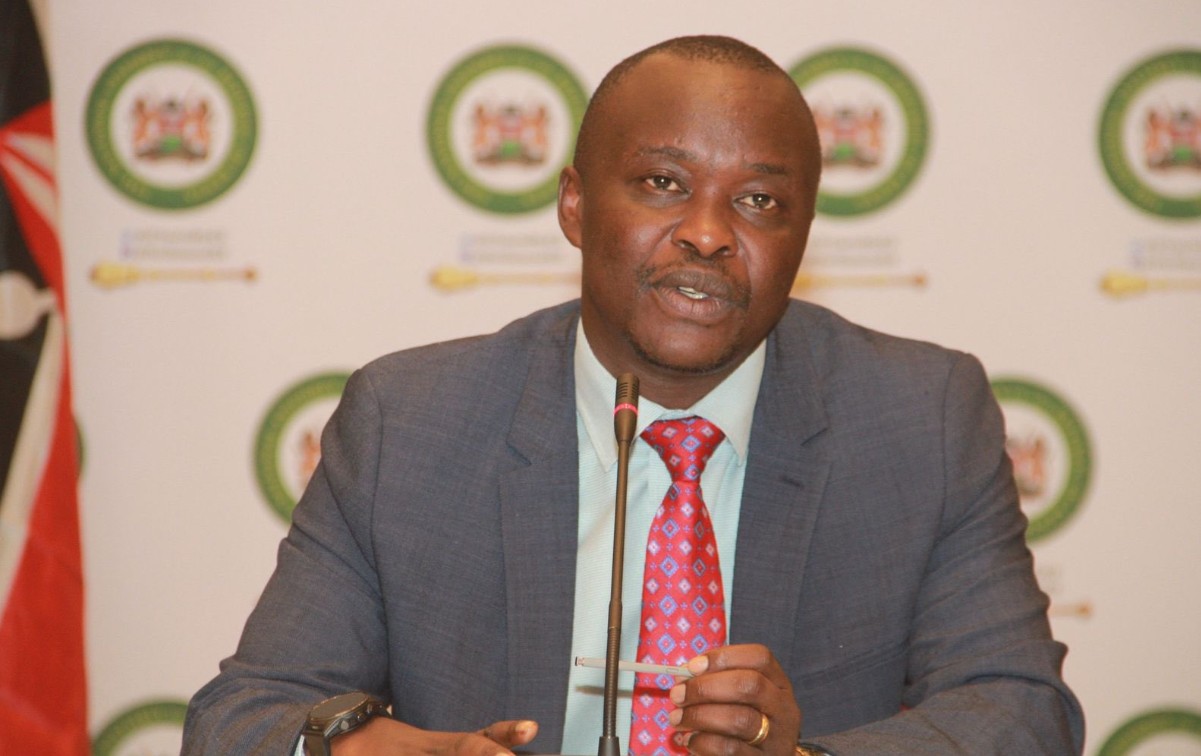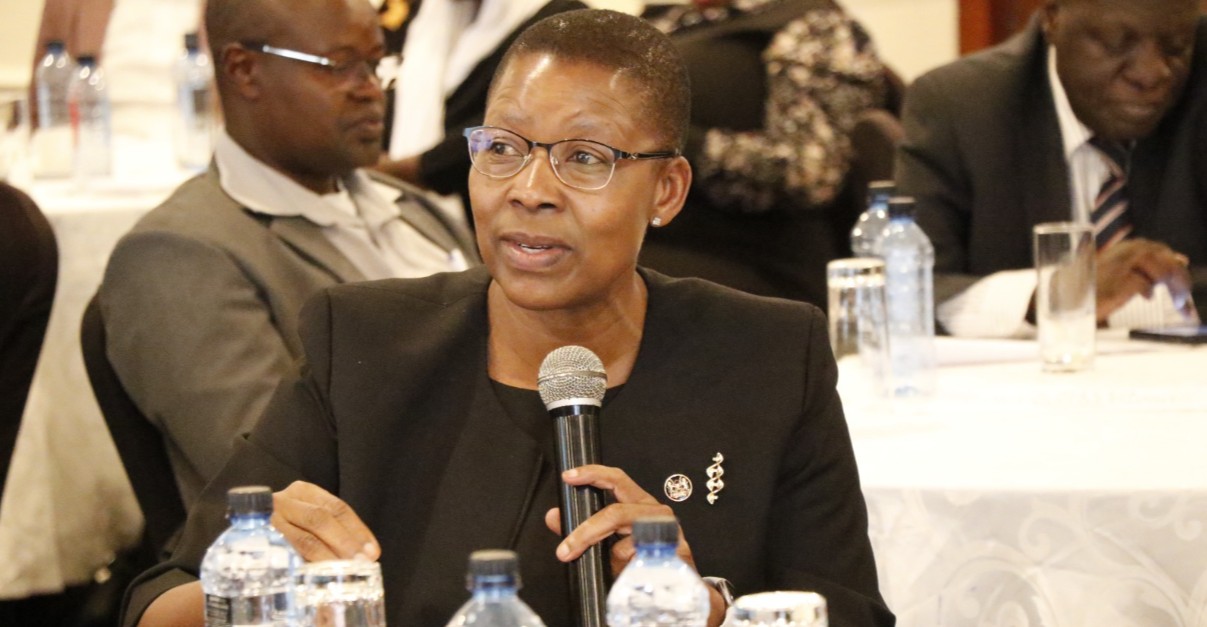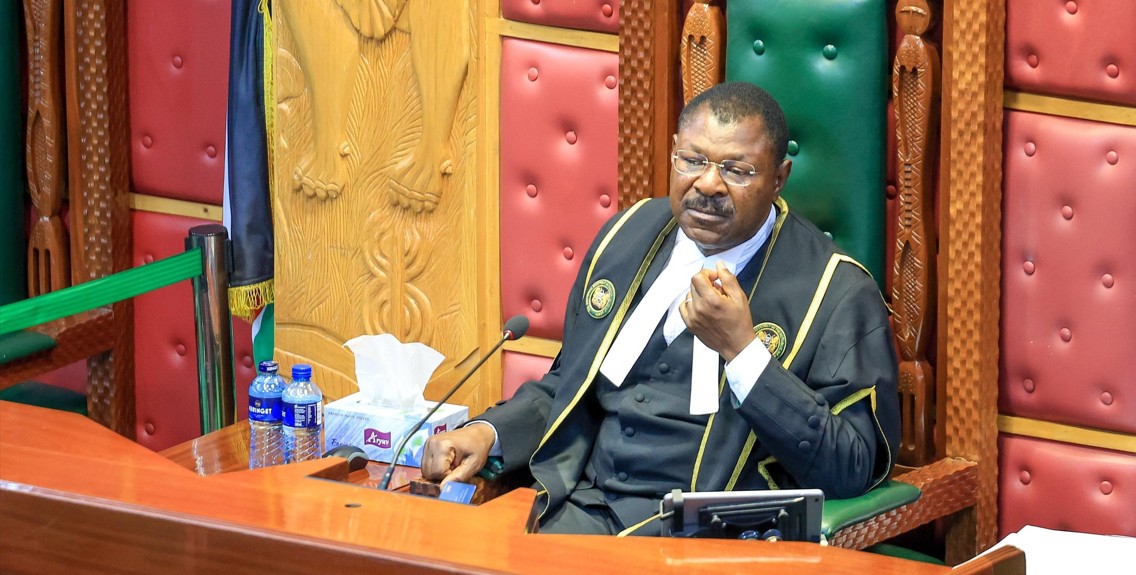Parliament lacks title deeds for key properties 3 years after auditor’s alert, PAC warns

Among the properties without title deeds are Parliament’s main buildings and grounds, which include the Jomo Kenyatta mausoleum, the Juvenile Court building, County Hall, and Protection House.
A new report by the Public Accounts Committee (PAC) has revealed that Parliament is still struggling to obtain legal ownership documents for several of its key properties, three years after the issue was raised by the Auditor General.
The committee said that even though some properties have been registered, many important assets are still not properly titled, raising concerns over the commission’s ability to safeguard them.
More To Read
- Legal gap leaves National Land Commission powerless to recover grabbed public land
- Garissa residents urge state to scrap colonial-era boundary causing conflict with Tana River
- Health Ministry begins issuance of title deeds to safeguard public facilities from land grabs
- Audit flags Sh44.8bn mystery on eCitizen, exposes weak controls and vendor grip
- Senators demand reforms at NLC over delayed compensation for displaced landowners
- Audit reveals Sh1.6b spent by Land Fund without resettling Kenyans
Among the properties without title deeds are Parliament’s main buildings and grounds, which include the Jomo Kenyatta mausoleum, the Juvenile Court building, County Hall, and Protection House.
In 2022, the Auditor-General had flagged the issue in her audit of Parliamentary Service Commission (PSC) accounts, stating that the commission could not prove ownership of several buildings, despite managing them.
PSC Secretary Jeremiah Nyegenye explained to the committee that although PSC controls the buildings, they are still legally registered under the Commissioner of Lands.
He said this was a result of the old system, where government properties were owned by the Commissioner of Lands.
Under current laws, however, each agency must hold the titles for the properties it manages. This change has created complications, as PSC must now seek new documents for all buildings under its control.
“The committee recommends that the commission completes the acquisition of the title documents within six months of adoption of this (PAC) report,” the report stated.
Nyegenye said the PSC had made several written requests to the Lands Ministry and the National Land Commission, but had yet to receive a final response.
He added that the commission was still pursuing the matter with both agencies.
At the time the PAC report was prepared, no progress had been made. The report noted that Parliament was also looking at introducing an asset management policy that would assign clear responsibility over the properties.
Some of the properties facing legal uncertainty include Parliament’s stores and parking area, residences for both Speakers, CPST new block, Imani House, Bunge Tower, Continental House, Red Cross Building, County House, and Protection House.
However, the biggest concern remains the Parliament buildings and surrounding grounds, which have high national value.
One of the most complicated cases is Protection House. Although it was handed over to PSC by the Office of the President, the building is still registered under the National Treasury. The Treasury has refused to transfer the title unless PSC pays for it at full market value.
PSC wants the building transferred at a nominal fee, and negotiations are still ongoing. But the Treasury’s position has delayed the transfer.
Top Stories Today












































